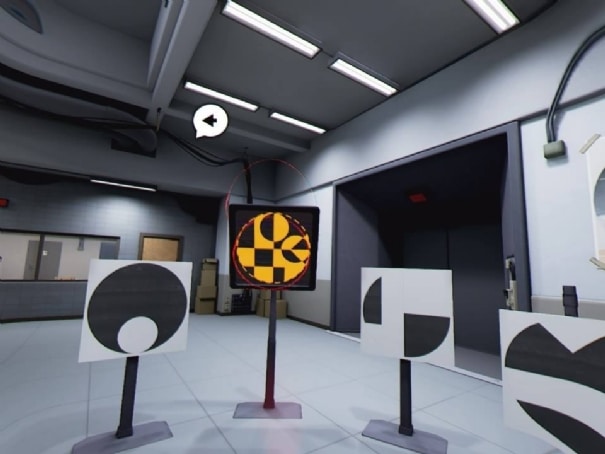Library of games on Nintendo switch continues to be replenished with cult projects of the past generation, and this time the second youth experiences atmospheric first-person shooter Metro 2033 and his sequel Last light from Ukrainian developers from the studio 4A gamesconsisting primarily of former employees Gsc game worldresponsible for the legendary unfinished S.T.A.L.K.E.R. Thus, this game interpretation of the novel by the writer Dmitry Glukhovsky has become a real outlet for many gamers from the former CIS and an opportunity to find the meaning of gaming life in the absence of new games about hunters for anomalies in Pripyat. This port is a version of Redux, released at the beginning of the generation on Ps4 and Xbox one.
This year, we can again plunge into the gloomy world of the Moscow subway of the post-apocalyptic future in the portable Nintendo Switch format, exploring dark tunnels and exterminating mutants, wrapped in a blanket or while traveling in the same metro.
The pocket version of the port is for the most part pleasing to the eye and does not cause any sensations as if the console screen was smeared with several layers of laundry soap. The effects of warm diffused light from kerosene lamps and fire, creating a sense of mystery, and a stable frame rate throughout almost the entire passage are especially impressive.
Nevertheless, when placing the console in the docking station, all the signs of a ten-year-old game begin to appear, starting from unsightly textures, bluers, annoying ladders and ending with clumsy animations.
From Metro 2033, based on a literary work recognized by readers and critics, you expect, first of all, a thoughtful plot. However, strangely enough, this component does not stand out against the background of other representatives of the genre, and in comparison with some, for example, the BioShock series, is significantly inferior.
Not to say that the story of the journey of the protagonist Artyom along the Moscow metro in order to prevent the threat of an attack by monsters called “blacks” is somewhat bad, it just doesn’t have enough stars from the sky and even the final twist can hardly surprise you.
It is especially perplexing how stereotypical the various fractions are represented in the game. On the ruins of old Moscow, Artyom meets neo-Nazis building a new Reich, and communists striving to restore a certain semblance of the USSR in miniature. In both parts, these two political forces are shown as if the author of the novel, Glukhovsky, who is also the screenwriter of the game, was guided exclusively by low-grade Hollywood films from the time of the Cold War.
The attempt to play thin satire frankly failed – the characters important for the plot look cartoonish. What is the insidious communist general with a red eye, dressed in a black leather jacket, or his boss – a dumb, thick general secretary with Hitler’s antennae?
The Nazis themselves are frankly funny, even when the game tries to show their inhuman deeds. It is significant that the degree of absurdity in the second part of Last Light is growing exponentially, apparently Glukhovsky has come to taste.
On the last generation of consoles came out Fallout: New Vegas, where obviously caricatured factions, such as the Legion and the Bombers, seem much more convincing and reliable.
At the same time, we note that the developers did an excellent job of working out the surrounding world and supporting characters. A significant portion of the gameplay in the Metro series is devoted to walking around the stations, which have turned into small cities and sheltered the remains of humanity. We observe station residents, witness scenes from their lives, some conversations are heard on almost every corner, survivors meet and discuss pressing problems among themselves, make plans, poison stories, console each other, tell tales to children, and so on.

